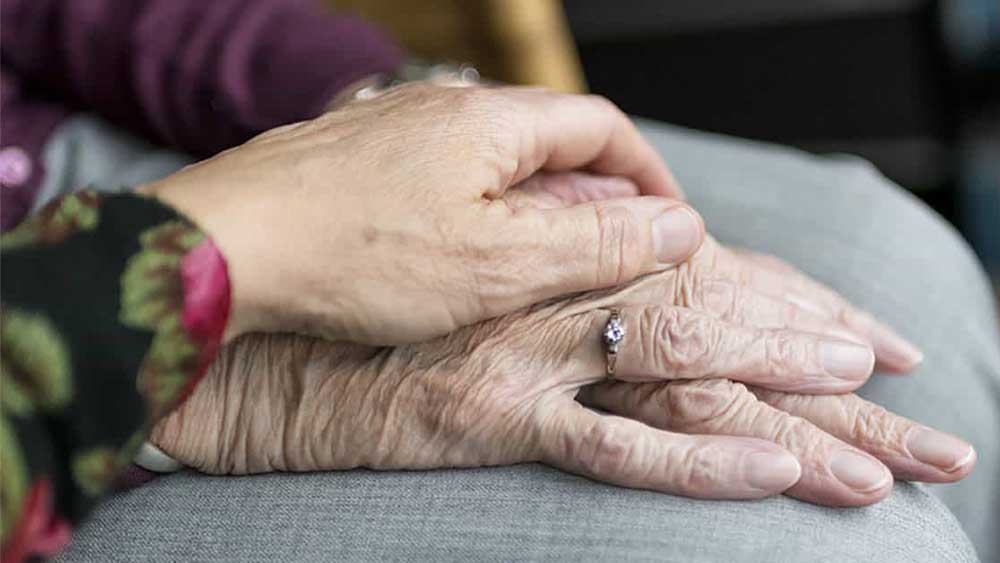

“Summerizing” Your Loved One’s Home
It’s a little-known fact that extreme heat is the most common cause of weather-related death in the U.S.—well above blizzards, tornadoes or hurricanes. And seniors are at higher risk of heat exhaustion, heatstroke and other heat-related illness.
Why are seniors more susceptible to the effects of heat?
As we grow older, decreased blood circulation and a less efficient perspiration mechanism make it harder for our bodies to regulate temperature. Disorders of the heart, kidneys and lungs increase the problem. Some of the medications seniors take can hinder the body’s ability to cool itself. And as we grow older, we’re less aware when we’re thirsty, which can lead to dehydration.
Preparing your loved one’s home for summer
The inside of a dwelling can grow dangerously warm—sometimes even warmer than the temperature outside. Take the following steps with your loved one to “summerize” their home:
- If your loved one’s home has air conditioning, be sure it is in good working order. If the home doesn’t have central air, installing at least one window unit can provide an oasis of safety during a heat wave.
- If your loved one’s home is not air-conditioned, heat buildup can be lowered by opening windows during early morning and evening hours to let in cooler air, and closing them as temperatures begin to rise during the day. Close drapes or blinds to block the sun, and use fans to circulate air.
- Be sure your loved one has appropriate warm-weather clothing. Lightweight, light-colored, loose-fitting garments made of natural fibers such as cotton and linen are coolest. Avoid synthetic fabrics that trap heat and perspiration against the body.
Seniors sometimes avoid using their air conditioner because of high energy costs. Contact your local Area Agency on Aging to learn about federal, state and local assistance that can help.
If your loved one’s home is still uncomfortably warm
During a heat wave, it may be impossible to bring the temperature of a non-air-conditioned home down to a safe level for older adults and others with health problems. It would be better for your loved one to spend the hottest hours of the day somewhere else—in your home, or that of someone else with air conditioning, or at a designated cooling shelter such as a library or senior center. Make a plan ahead of time for where your loved one will go and how they will get there. (Note: If your loved one has pets, make a plan for these animal companions, as well. Many seniors refuse to evacuate if they have to leave a beloved pet behind.)
Checking in
If you live nearby, stop in more often. If you live at a distance, call frequently. Your support can make all the difference. Studies of heat-related disasters show that again and again, seniors who are all alone are the ones who suffer most. They may be unable to tell that they are becoming dangerously overheated.
Summer safety with professional in-home care
Families who use home care can create a plan with the caregiver and agency to protect the well-being of senior loved ones during warmer months. A professional in-home caregiver can:
- Adjust the air conditioner, shades, windows and fans to assure a safe temperature indoors.
- Transport your loved one to an air-conditioned location if the house cannot be adequately cooled.
- Stop by the grocery store and prepare nutritious meals.
- Offer water and other beverages so your loved one remains hydrated.
- Provide supervision for exercise, as is safe and appropriate, and remove fall hazards to make indoor exercise safer.
- Assist with bathing, dressing, grooming and laundry to keep your loved one feeling clean and comfortable.
- Keep in touch with families to provide extra peace of mind.
A note about heat-related illness
Learn the signs of heat exhaustion, which might include:
- Heavy sweating.
- Cold, pale, clammy skin.
- Rapid pulse.
- Muscle cramps.
What to do: Move the person to a cool place; loosen their clothes; put cool, wet cloths on their body or help them into a cool bath; and give them water to sip.
If ignored, the symptoms can progress to a dangerous condition called heatstroke. The symptoms of heatstroke are:
- Body temperature higher than 104° F.
- Confusion, staggering.
- Dry, flushed skin with no sweating.
- Strong, rapid pulse.
Heatstroke is a medical emergency. Call 911 immediately. Move the person to a cooler environment. Reduce the person’s body temperature with cool cloths or a bath. Do not give fluids.







